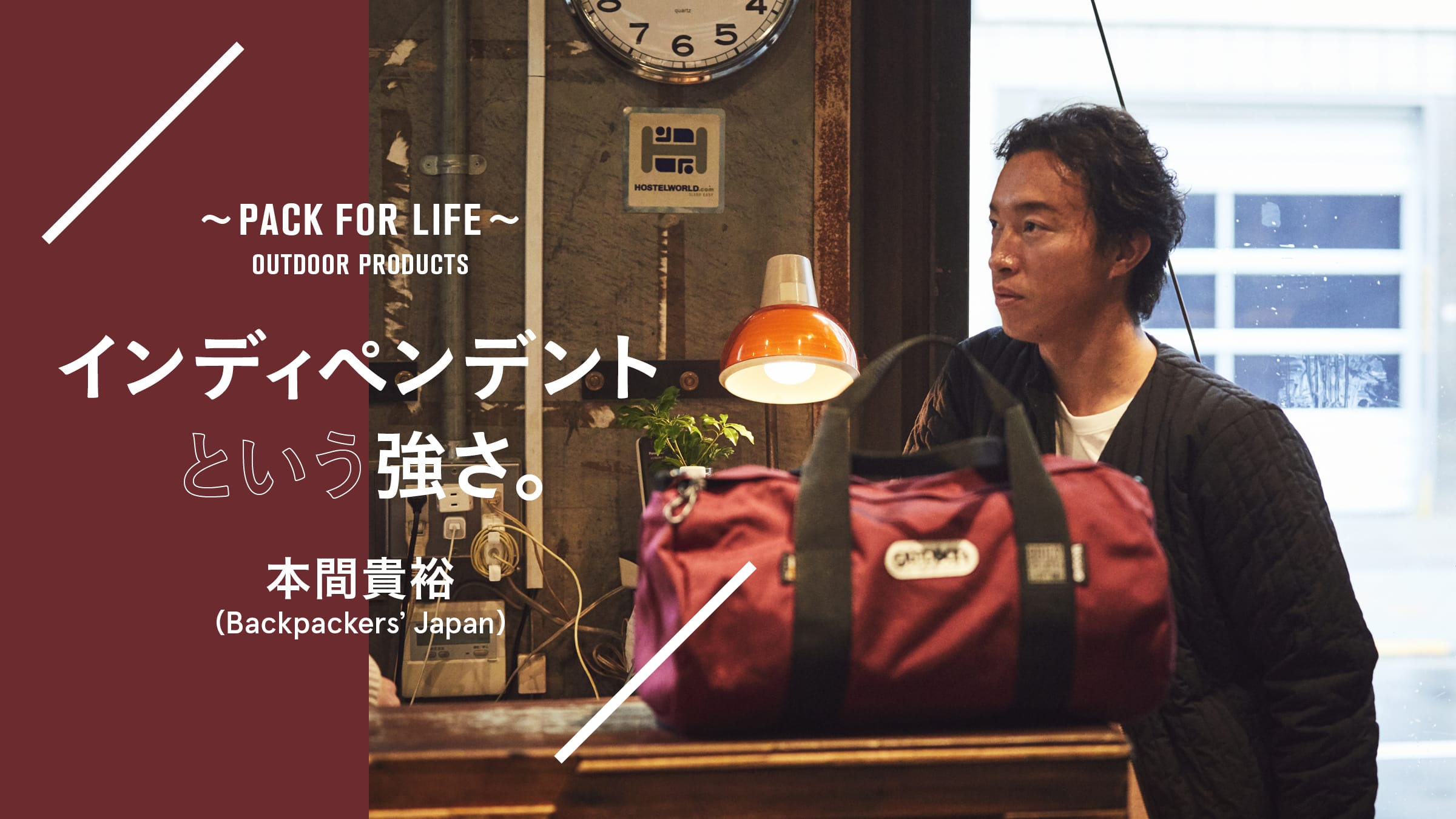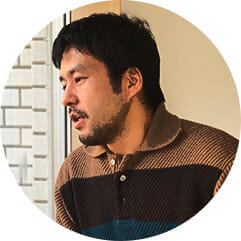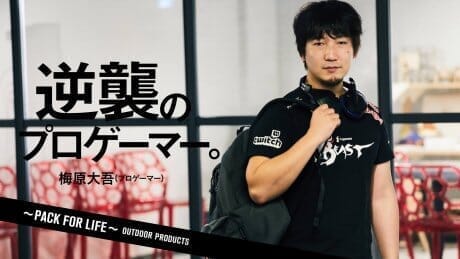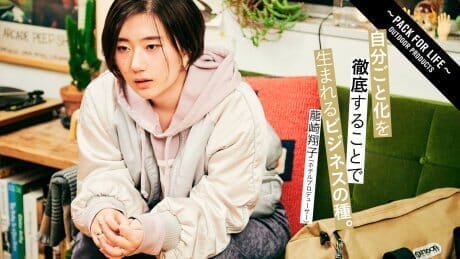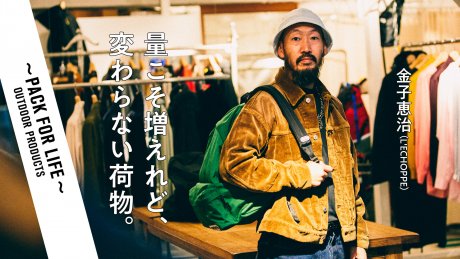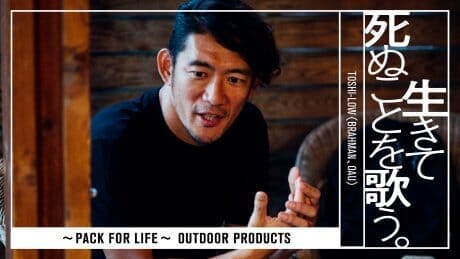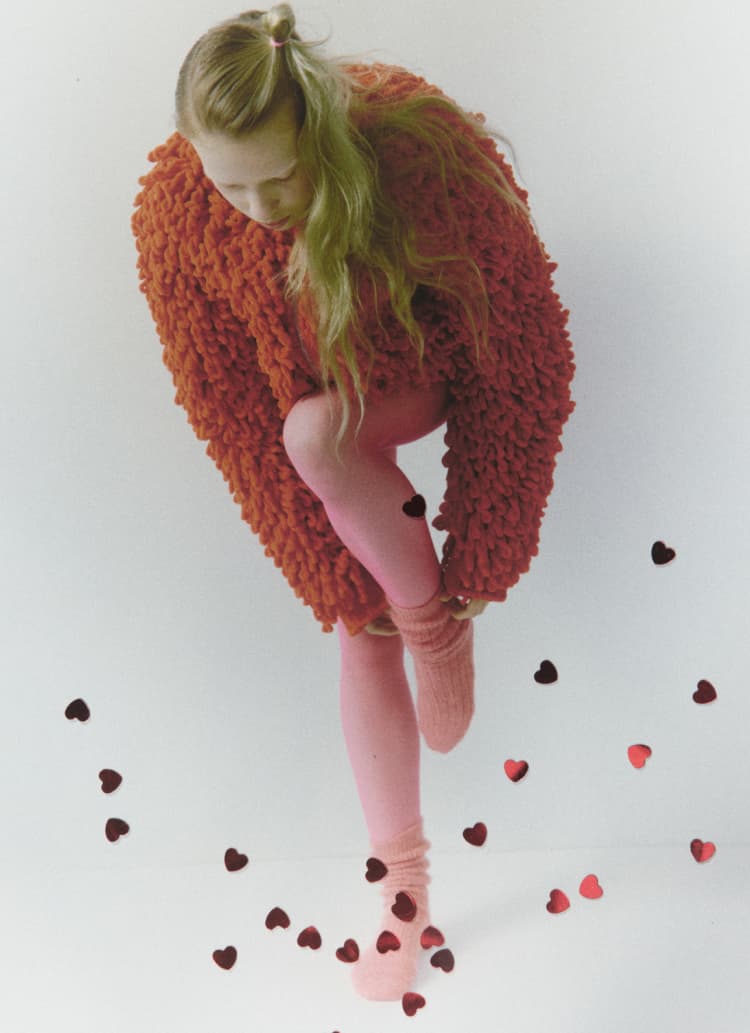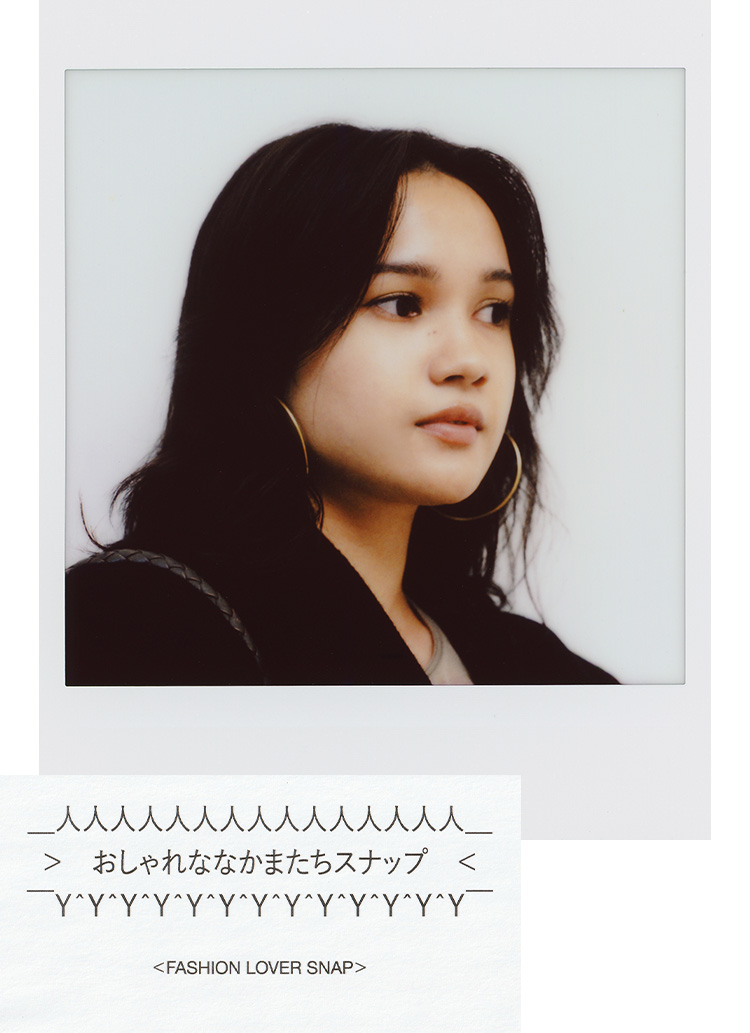A phone conversation with his mother solidified his decision to start his own business.
Did you still have the desire to become a teacher?
Honma:. it was still there. I also did a teaching internship after returning from my trip. . but gradually, as I thought back on my days in Australia, I wondered if I was not ready to become a teacher. But gradually, as I thought back on my days in Australia, I began to wonder if it wasn't a good idea for me to become a teacher. To be more precise, I didn't think it would be fun.
. In the first place, you wanted to play tennis rather than become a teacher, didn't you?
Honma:. yes, that's right. . it wasn't that I had a belief in "what education is." . So, I started two student organizations, with the growing energy of wanting to communicate what I had seen and experienced.

What kind of student organization is it?
Honma:One is a group that plays tag together. We would block off the front of the station and have tag games with about 200 people playing for prizes, and we would also play tag at university recreational events.
. The other is an organization that disseminates information. We have invited child laborers from India to give lectures, or we have invited people from Doctors Without Borders to give lectures, etc. .
At that time, I thought it would be very interesting to do something together with other people or to communicate something. Starting my own business was an extension of that.
You didn't have any intention of going to work for any company?
Honma:. I was still not brave enough to start my own business. I had a job offer from one company, but for about 3 months, I was not sure if I should go ahead and start my own business or not. But finally, I talked to my mother on the phone and she told me, "Whatever you do, we will support you, so do what you want.
Various expansions can be seen depending on each idea.
Did you always want to be involved in travel-related business?
Honma:Yes . That was clear. I enjoyed traveling, and I wanted to continue meeting people like I did then. I also wanted to stay connected to society. At first, I thought that creating a travel agency would be a good idea. But then I would have to tell everyone, "Travel is great, isn't it? I didn't really like that. People who want to go on a trip should go on a trip, right? So I decided to open an inn to create an environment where people who want to travel can go on a trip.
So you established "Backpackers' Japan Inc. In addition to Mr. Homma, you started the company with three other people, right?
Honma:Yes, I am. Two friends from college and one friend I met in Australia. I hit on everyone.

You didn't consider doing it on your own?
Honma:I didn't think about it. It never crossed my mind. . I enjoyed playing as a team as a student, and I knew I was not an all-rounder.
Until then, I had preferred to be alone, but the student group was a great experience for me. I thought, "Teams are fun. I am not good at adjusting to others, but as a representative, I can make decisions. In the process, everyone grows, and each person's ideas can lead to a variety of possibilities. I also found it interesting that I was able to develop myself in a different way by doing so.
I heard that you earned the money to start your own business.
Honma:Yes, the four of us were talking about doing seasonal work. We were talking about working at a tea factory in Shizuoka , catching salmon in Hokkaido , and making sugar in Okinawa . I had heard that if we did that, we could work for a year and each of us could save about 2 million yen. We were told that if we worked hard, the four of us could save 10 million yen, but at the time, the economy was in a very bad shape due to the Lehman Shock and other factors, and the factory that had been selected to host us was closed. When we were trying to decide what to do, we were told that the Hakutai-yaki restaurant run by one of our members' parents was doing very well, so we asked him, "Do you want to do it too? We said, "You guys want to do it too? So, suddenly we ended up opening a taiyaki shop (laughs).
So the four of you were running it?
Honma:I was limited to one year and took on one store per person. . As a result, I learned a lot about business. I learned a lot about business, such as searching for and finding a place to set up store, hiring part-time workers, and so on. Although it was on a very small scale, I was able to learn what it means to own and operate a store.
So you opened "Guesthouse toco. At that time, guesthouses were still not very familiar in Japan, but was there something you were aiming for or something that could be used as a textbook?
Honma:We are sometimes called "pioneers," but from our point of view, there are many people in Japan who have been running guesthouses and youth hotels for a long time. I learned many things from them. Two of the four members traveled around the world, and I and one other person traveled around Japan, staying in a total of about 150 places. We stayed in a total of about 150 places, listening to many different stories and ideas as we went.

One of the features of "toco." is that in addition to its function as an inn, it has a bar space. Was that part of your original idea?
Honma:No, at first I was going to focus only on lodging. It is hard enough to run a lodging business alone, but it would be even harder if we added food and beverage to the mix. Hotels also need web technology to attract customers, and I thought I couldn't do everything at once. However, the carpenter who worked with me on "toco." insisted that we have a bar, so I was pushed into it. So it wasn't my idea or anything (laughs).
You were rather opposed to it (laughs).
Honma:. Yes, it is. . but as a result, it has become our identity. The carpenter was a great help to us.
Nui. HOSTEL & BAR LOUNGE" also has a large tree as an objet d'art, but I was against that too. But the carpenter told me, "If it doesn't work, I'll take it, so let's just build it once.
A. You have been in the business for 10 years and now have more than 100 employees, so the "load" you are carrying is different from when you started with 4 people.
Honma:. I don't think my mindset has changed that much. Of course, as CEO, I look at the numbers, but I don't think I can take responsibility for the lives of my employees. Therefore, I want them to develop the ability to think for themselves and live by doing so.


